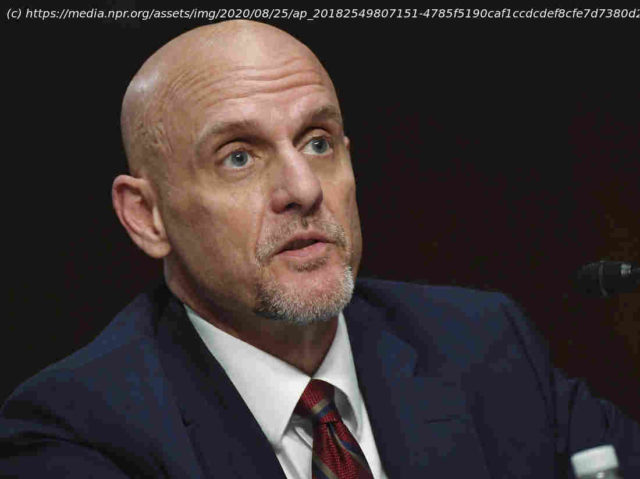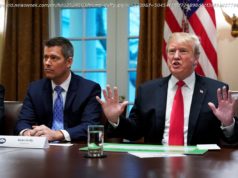The Food and Drug Administration’s chief has undercut the agency’s assertion that it is basing its decisions on science, not politics.
At a White House …
The Food and Drug Administration’s chief has undercut the agency’s assertion that it is basing its decisions on science, not politics. At a White House event Sunday with President Trump, FDA Commissioner Stephen Hahn used a deeply misleading statistic to claim that a treatment the agency had just authorized for treating the coronavirus would save 35 lives out of every 100 people who get the treatment. That false claim brought withering criticism from scientists, in news articles and on Twitter, who argued that it was a gross exaggeration of the benefits. „I can’t remember a mistake by FDA or the commissioner as serious as this one,“ Dr. Eric Topol of the Scripps Translational Research Institute told NPR Tuesday. On Monday evening, Hahn tweeted an apology, saying „The criticism is entirely justified.“ Hahn tried to explain his error by portraying it as a poor choice of words. „What I should have said better is that the data show a relative risk reduction not an absolute risk reduction.“ That explanation is opaque to anyone who hasn’t been following the number-twisting saga behind Hahn’s claim. Here’s the context. The 35% figure is apparently derived from a study that has not yet been published, that observed tens of thousands of people who were given convalescent plasma to treat their coronavirus infections. The treatment involves taking blood plasma from people who have previously been infected and transfusing it into sick people. The concept is solid – and has been used to treat other diseases with some success over the past century. These transfusions include antibodies that can neutralize the coronavirus – at least in the laboratory. But that particular coronavirus study lacked a comparison group – everyone in the study got convalescent plasma. Some people got it earlier in the course of their treatment than others. So to look for signs of efficacy, the study compared the effects in people who received it in the first three days of hospitalization with the results in people who got the treatment later.
Start
United States
USA — Science FDA's Hahn Apologizes For Overselling Plasma's Benefits As A COVID-19 Treatment






